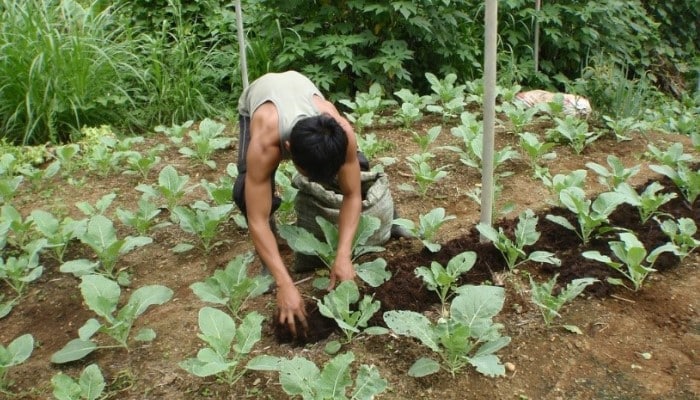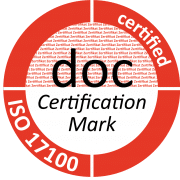GRI 13: New Standard on Agriculture, Aquaculture and Fishing
The reporting specialists at EnglishBusiness are taking note of the Global Reporting Initiative’s new Standard. The GRI is the independent, international organisation that helps businesses and other enterprises take responsibility by providing them with the common global language to communicate their sustainability impact. The initiative sets GRI Standards, the world’s most widely used benchmarks for sustainability reporting. The GRI Secretariat, headquartered in Amsterdam, has a network of regional offices to support organisations and stakeholders worldwide.
“Organic farming in the Philippines – 1” by DFAT photo library is licensed under CC BY 2.0.
The Standards deliver an inclusive picture of an organisation’s material topics, their related impacts, and how they are managed. Universal Standards, which apply to all organisations, incorporate reporting on human rights and environmental due diligence in line with intergovernmental expectations. Sector Standards enable more consistent reporting on sector-specific impacts.
Sustainability Experts Collaborate on new GRI Standard
The GRI recently announced a new addition to the GRI Standards, GRI 13: Agriculture, Aquaculture and Fishing Sectors 2022. The aim of this project is to identify and describe the most significant impacts and stakeholder concerns for the agriculture, aquaculture, and fishing sectors with regard to sustainable development. This will serve as a foundation for increased transparency and more consistent reporting for organisations in the sectors.
These sectors have been prioritised based on their widely documented impacts across economic, environmental, and social dimensions, including the effect they have on climate change and biodiversity, food security, farming and fishing practices, and community engagement. The sectors support a huge global workforce, from family-run farms or fishing vessels to workers with multi-national organisations. Some 2.5 billion people worldwide depend on these sectors for their livelihoods, particularly in developing economies where the effects of poverty are felt the most.
Agriculture, aquaculture, and fishing industries share common impacts associated with the production of food and non-food products and are fundamental to supporting food systems and producing materials like fibres and fuels. Transparency around these impacts enables sustainable development by contributing to the preservation of biodiversity and natural resources, the mitigation of climate change, and the adaptation of farming and fishing practices to minimise impacts.
Sustainability Experts Collaborate on new GRI Standard
An expert, multi-stakeholder project group created the Standard with the help of international instruments and sources. The group’s collaboration partners include representatives from the Food and Agriculture Organization (FAO), the Organisation for Economic Co-operation and Development (OECD) Centre for Responsible Business Conduct, and the World Benchmarking Alliance (WBA).
The new Standard will be mandatory for companies in the sectors that report in accordance with the GRI Standards. GRI 13: Agriculture, Aquaculture and Fishing Sectors 2022 will increase the completeness and comparability of sustainability information for all organisations involved in crop cultivation, animal production, aquaculture or fishing. GRI 13 is available for download. To learn more, please visit the project page.
When you entrust your business translations to the experts at EnglishBusiness GmbH, you ensure that your organisation complies with reporting standards. Contact us today to learn how we can help!
















